Share this article

The founders guide to accelerating growth with compliance in Europe
Accelerating security solutions for small businesses Tagore offers strategic services to small businesses. | A partnership that can scale Tagore prioritized finding a managed compliance partner with an established product, dedicated support team, and rapid release rate. | Standing out from competitors Tagore's partnership with Vanta enhances its strategic focus and deepens client value, creating differentiation in a competitive market. |
For founders of early-stage startups in Europe, growth is the ultimate goal. You’re focused on building a great product, closing customers, and scaling fast. One thing that should also be top of mind is security compliance.
The reality is, compliance isn’t just about meeting legal requirements or ticking a box when a potential customer asks for certifications. It’s a strategic advantage. Proactively investing in security compliance can help European startups win larger deals, attract investors, and build trust with customers—long before compliance becomes a formal requirement.
If you’re unsure where to begin, this guide is for you. We’ll walk you through key compliance frameworks, help you determine the best fit for your business, and share a real success story from a European startup that leveraged compliance to accelerate growth.
Which framework is right for your European startup
Even if you haven’t been asked about compliance yet, you’ve likely heard of ISO 27001, SOC 2 or other specialized security and privacy standards. While all of these frameworks help startups establish strong security practices and build customer trust, they serve different markets and needs.
For startups operating in Europe, ISO 27001 is often the go-to standard, as it aligns with global and EU-specific data protection regulations like the GDPR. Ultimately, your buyers and industry expectations will help guide your decision on which framework to pursue first.
ISO 27001
ISO 27001 is a standard developed to help organisations protect their information through the adoption of an Information Security Management System (ISMS). Established by the International Electrotechnical Commission and the International Organization for Standardization (ISO), ISO 27001 helps businesses organise their people, processes, and technology and was designed to ensure the confidentiality, availability, and integrity of information.
ISO 27001 is generally accepted in Europe and popular throughout the rest of the world. If you primarily do business with organisations outside North America, you’ll want to have your ISO 27001 certification, which is provided by an external auditor. If you are seeking ISO 27001 certification, you will need to work with an accredited ISO 27001 certification body.
ISO 27001 is right for your startup if:
- You are targeting global markets: Many customers, especially in Europe, Asia, and Australia, require vendors to have ISO 27001 certification before doing business with them.
- You handle sensitive customer or business data: If your startup processes, stores, or transmits sensitive information—such as personally identifiable information (PII), financial data, or intellectual property—ISO 27001 helps demonstrate that you have the right security controls in place.
- You want a strong security posture to differentiate from competitors: ISO 27001 certification signals to prospects and customers that you take information security seriously, which can give you an advantage over competitors that lack formal security credentials.
{{cta_withimage2="/cta-blocks"}}
AI frameworks: ISO 42001 & the EU AI Act
With the rise of AI in Europe, for founders leading AI-start-ups or developing AI, there are two major frameworks to consider; ISO 42001 and the EU AI Act. Both frameworks promote organizations to responsibly develop and use AI whilst balancing innovation.
ISO 42001
Established by the International Organization of Standardization, ISO 42001 defines the requirements of an Artificial Intelligence Management System (AIMS) — emphasizing ethical considerations, transparency, and the necessity of continuous learning. ISO 42001 provides helpful guidance for start-ups either using AI technologies in their workflows or as part of their service delivery.
ISO 42001 is right for your startup if:
- You’re developing AI technologies, particularly on a global scale: ISO 42001 helps you build responsible, transparent processes into your AI development lifecycle—from model training to deployment—so you can proactively manage risks like bias, explainability, and misuse.
- You’re using AI subprocessors of data: If you’re deploying AI subprocessors like OpenAI, Anthropic, or Mistral AI, to generate content, analyze data, or power features, ISO 42001 helps you create a structured process to evaluate the risks, set guidelines for responsible use, and document how you select, monitor, and govern those providers.
- You want a third-party audit of your AI systems: ISO 42001 is third-party certifiable and demonstrates to customers, partners, and regulators that your AI systems meet ISO’s recognized standards for responsible development and governance.
The EU AI Act is the first major piece of Artificial Intelligence regulation and establishes a comprehensive legal framework for the development, marketing, and use of AI systems across the EU.
EU AI Act
Designed to foster trustworthy AI, the EU AI Act mandates risk management protocols, continuous monitoring, and human oversight, helping to safeguard public interests such as privacy, non-discrimination, and consumer protection. The EU AI Act was adopted in March 2024 and its implementation will be phased over several years.
EU AI Act is right for your startup if:
- You develop or deploy AI systems in the EU: If your startup builds AI-powered products or services that are used, sold, or deployed in the European Union (EU), you will need to assess whether your AI falls under the Act’s regulations.
- Your AI system impacts individuals or businesses in high-stakes areas: The Act classifies AI applications based on risk, with stricter requirements for high-risk AI in fields like biometrics, healthcare, finance, cybersecurity, law enforcement, education, and critical infrastructure. Even if your AI is lower risk, transparency obligations may still apply.
- You want to future-proof your AI compliance strategy: The EU AI Act sets a global precedent for AI regulation. Even if you don’t operate in the EU now, aligning with its principles early can help you avoid costly redesigns, streamline compliance for future expansion, and build trust with investors and customers.
As the ecosystem evolves and more AI start-ups emerge, it will be increasingly important for European AI-startups to demonstrate ethics and transparency through frameworks like ISO 42001 and EU AI Act. Not only will this ensure AI safety and protect customers, but also serve as a competitive advantage for founders wanting to demonstrate AI ethics in a competitive space.
GDPR
GDPR, or the General Data Protection Regulation, is a privacy regulation that came into effect in 2018. It was designed to safeguard the personal data of EU citizens by governing the collection, processing, consent, and distribution of personal information.
GDPR compliance is mandatory for all organizations that handle the personal data of EU citizens and businesses. It also protects the rights of non-EU citizens physically located in the EU or the European Economic Area (EEA). GDPR’s core privacy principle also extends to any of your third-party partners processing customer data on your behalf.
GDPR is right for your startup if:
- You collect, store, or process personal data of EU citizens or residents: Even if your company is based outside of the EU, GDPR applies if you handle data from individuals in the EU or European Economic Area (EEA).
- You offer products or services to EU customers or have EU-based users: If your startup markets to, contracts with, or has customers in the EU, you must comply with GDPR’s data protection rules, including consent management, data minimization, and breach notification requirements.
- You work with third-party vendors that process personal data on your behalf: GDPR holds businesses accountable for ensuring that their vendors (e.g., cloud providers, analytics platforms) comply with data protection requirements, meaning you’ll need Data Processing Agreements (DPAs) with these partners.
{{cta_withimage14="/cta-blocks"}}
Sitoo achieves compliance in over 20 countries with Vanta
Sitoo is a cloud-native Point of Sale (POS) and Unified Commerce Platform that helps global fashion and lifestyle retailers create positive shopping experiences every time and everywhere.
The company serves leading retailers like Levi’s, Skechers, Hummel and Georg Jensen across the globe that adhere to different local laws. Because of the confidential customer data they process, they realized that they need to assure customers that their data is secure and that they are compliant across the various frameworks and requirements in each country.
As Sitoo grew and approached prospects in different countries, security became an important consideration, coming up often in the RFP process. Furthermore, customers would also ask that Sitoo fill out long and arduous security questionnaires. “It was getting harder in sales conversations to convert customers as we didn’t have a structured way to show proof of security,” says Magnus Spark, CISO at Sitoo. “It became evident that we needed to comply with ISO 27001.”
An additional challenge that Sitoo encountered was selling to retailers with stores across the globe, who each have unique federal laws they needed Sitoo to follow before doing business with them. “Our business needs to comply with different regulations in various countries, requiring customized frameworks for each location,” says Magnus.
Sitoo signed with Vanta and became ISO 27001 compliant in seven months and found working with Vanta to be a smooth process. Magnus especially found that Vanta’s included policy templates provided them with a good baseline to customize and define their security program. With Custom Frameworks, Sitoo has been able to build over 20 custom frameworks to manage and maintain their compliance requirements for each of their global markets efficiently.
Furthermore, overlapping controls could be reused, helping Sitoo save additional time when it comes to creating new frameworks. Sitoo is also taking advantage of Trust Center, which makes it easy to provide real-time evidence of compliance to prospective customers.
Sitoo has now paired their ISO 27001 compliance with their SOC 2 attestation, well positioning themselves to win new customers and expand internationally.
“It's almost impossible to achieve global scalability without a tool such as Vanta,” says Magnus.
Accelerate your business with Vanta
Ready to build trust, close bigger deals, and scale faster? Find out how Europe’s fastest-growing companies automate compliance with Vanta.
{{cta_simple11="/cta-blocks"}}
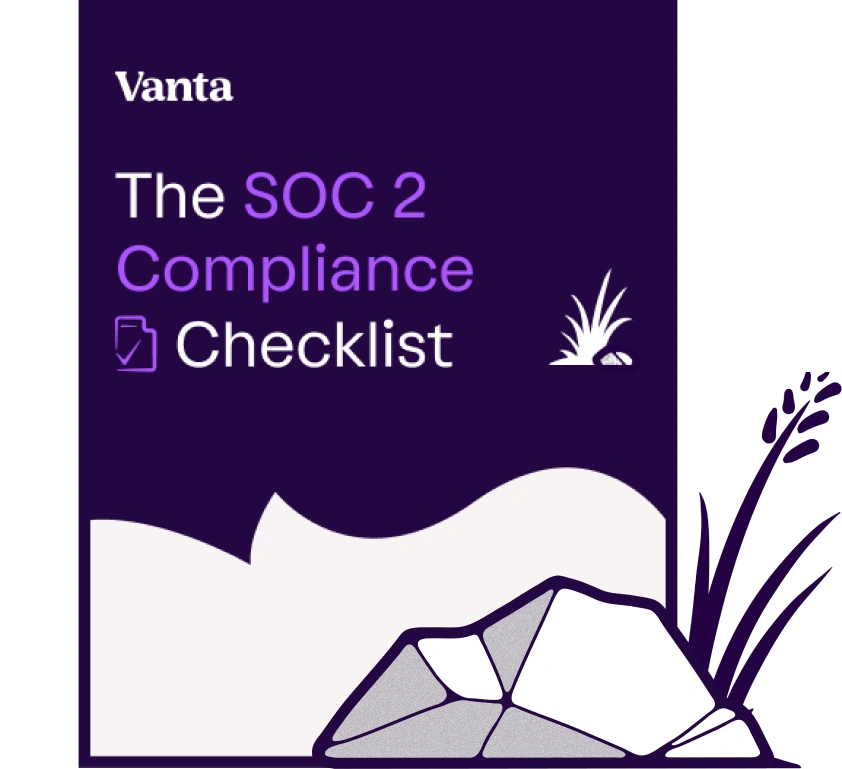




FEATURED VANTA RESOURCE
The ultimate guide to scaling your compliance program
Learn how to scale, manage, and optimize alongside your business goals.















.webp)

.png)
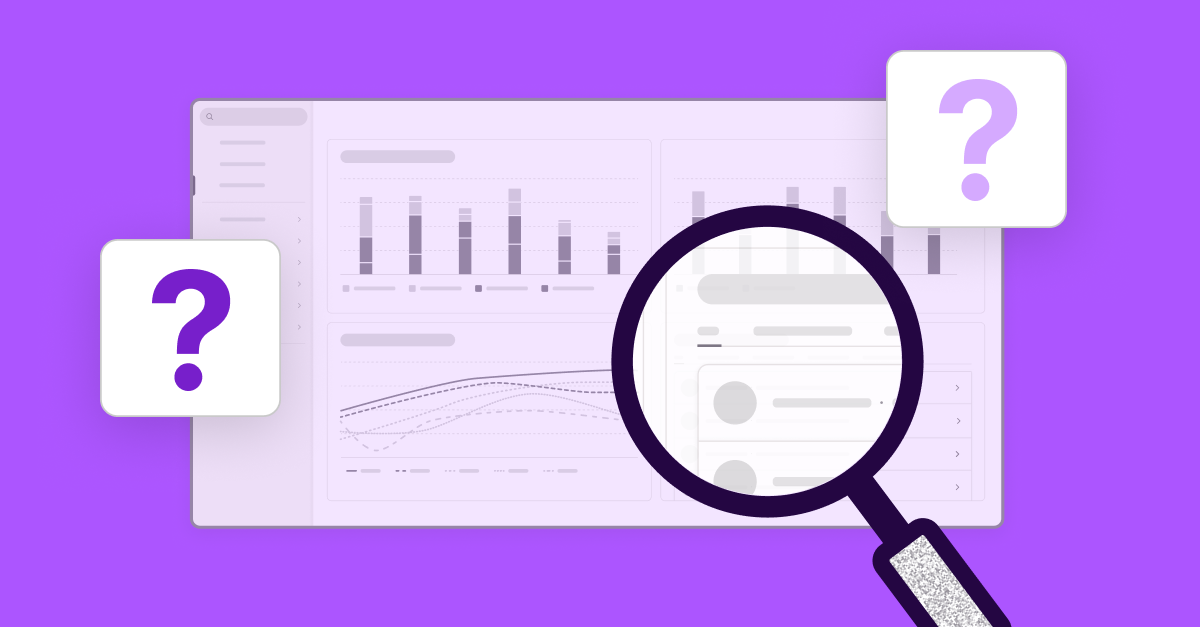
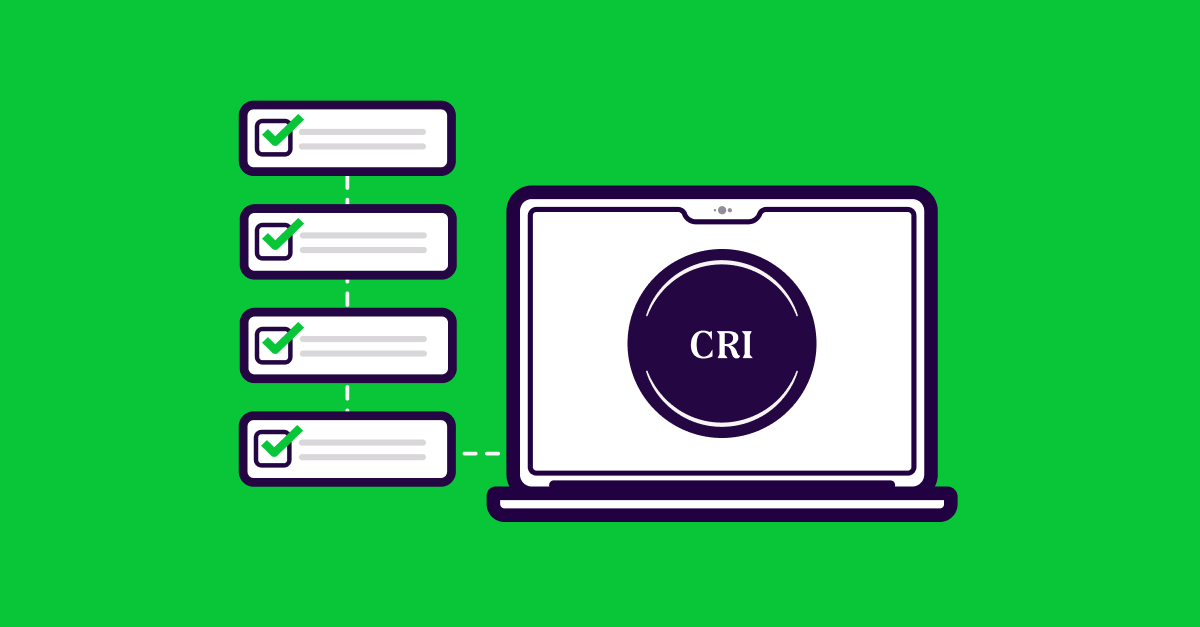


.png)
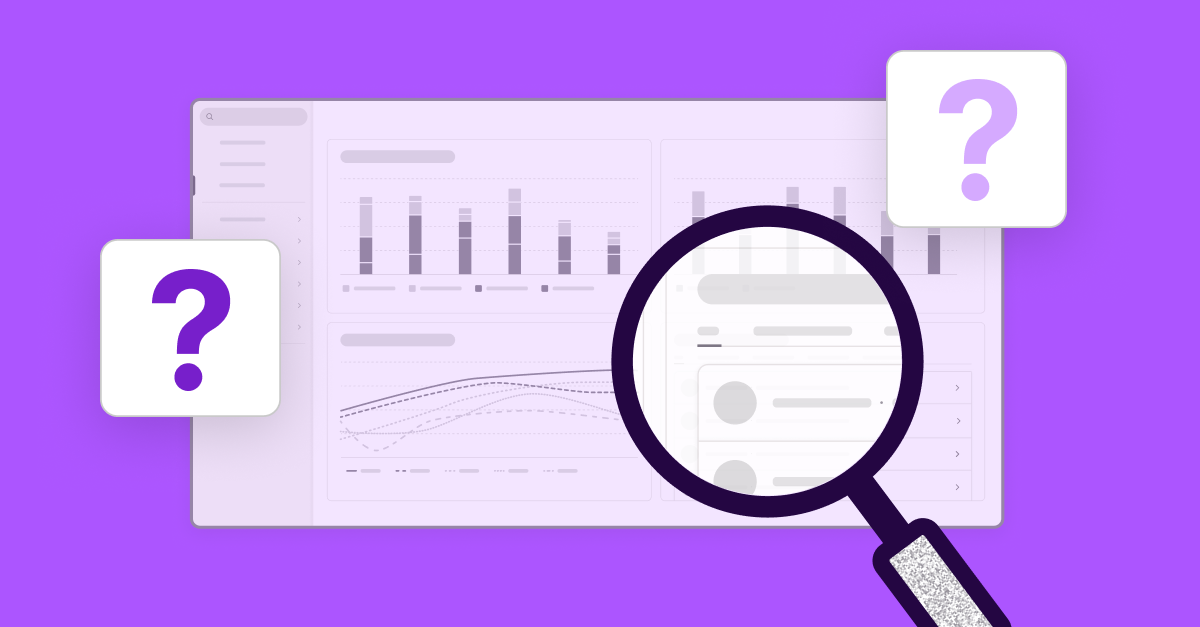
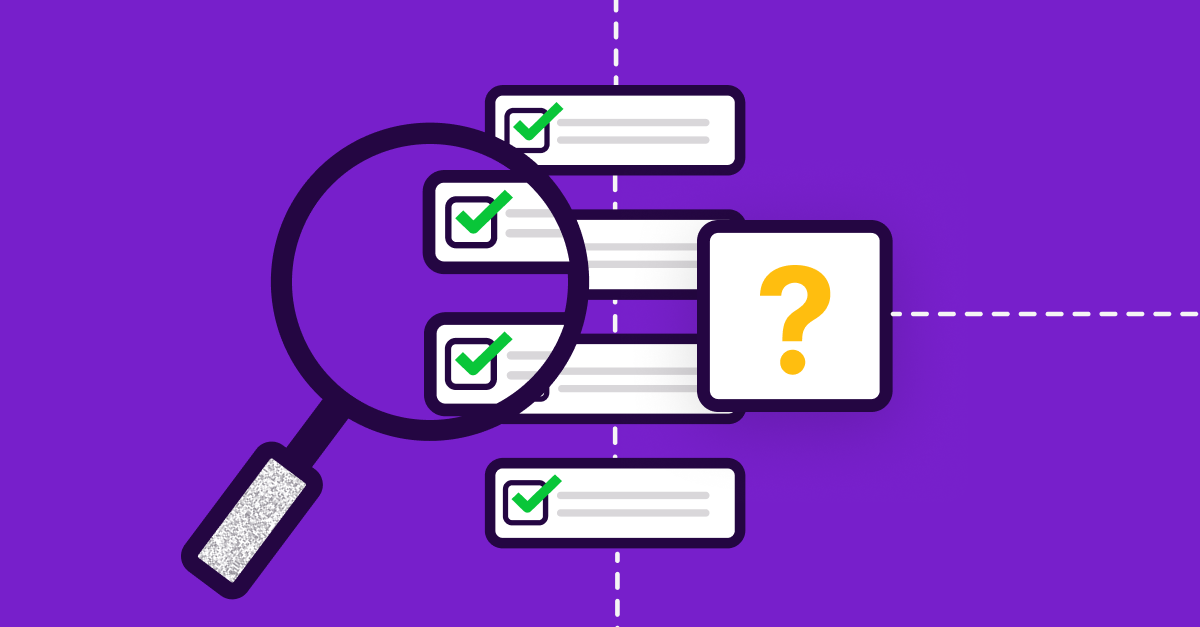
.png)
.png)
.png)
.png)
.svg)
.svg)


